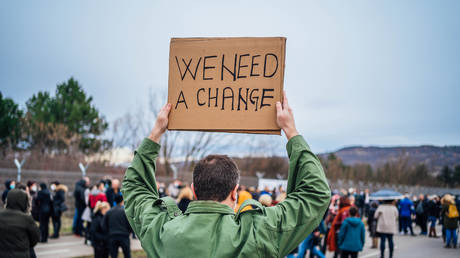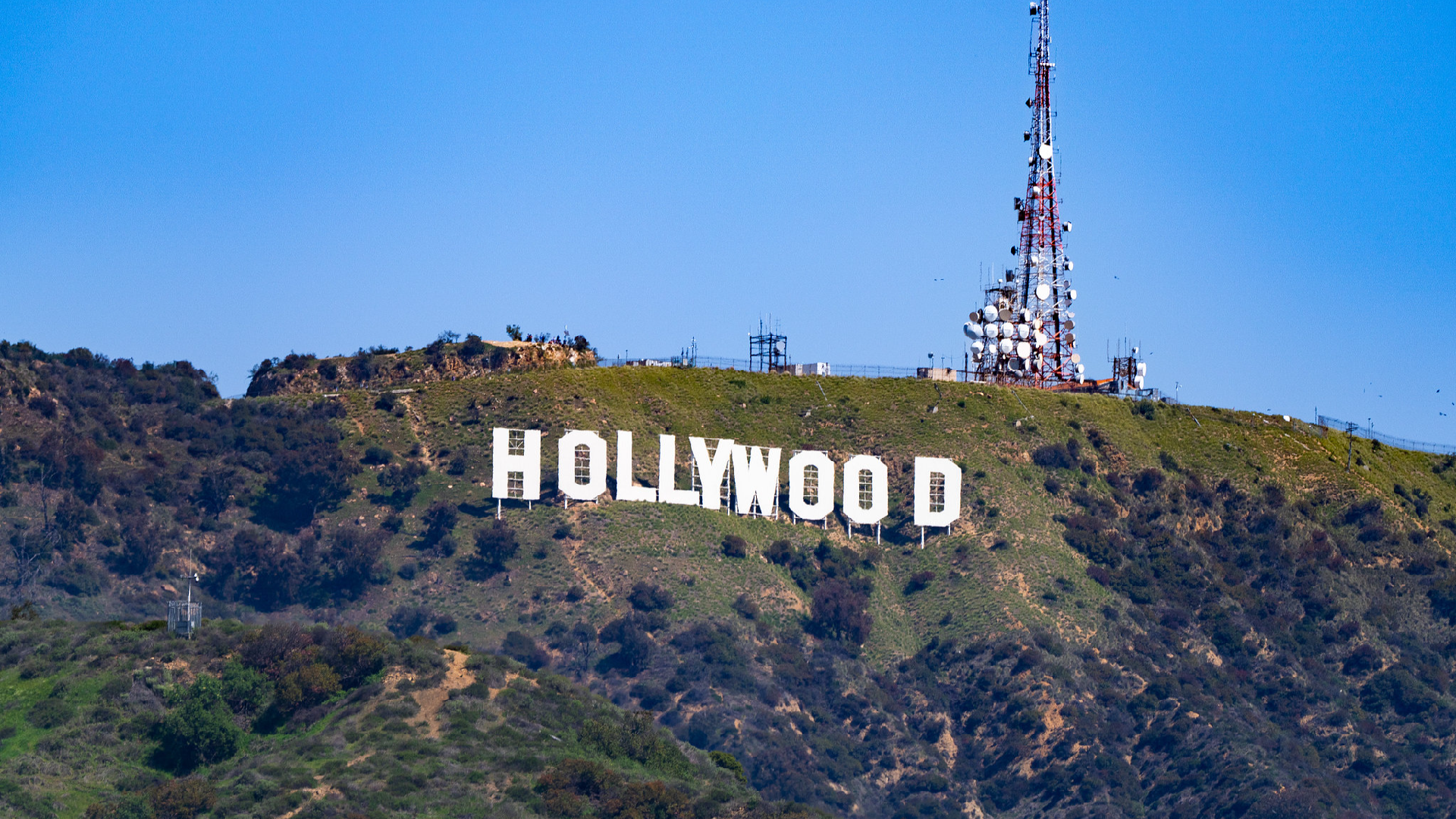Fyodor Lukyanov: Western Elites May Soon Experience Their Own ‘Color Revolution’ Medicine
The US and Western European establishment are well-versed in interfering with and influencing elections in other countries, which explains their apprehension regarding current events.

The significance of 2024 has earned it the title of the “year of the big elections.” More than half of the world's population will participate in the voting process, but this year feels more critical than usual. Voting has always held importance, yet in more stable times, not every election was viewed as essential. Now, however, significant elections have become the norm. Each contest possesses the potential to alter, if not completely change, the trajectory of events. The stakes extend beyond just the outcomes; the legitimacy of the vote and the public's acknowledgment of its validity take precedence.
This notion should be taken as a fundamental truth. It has always existed, and political institutions aim to uphold it. The era dominated solely by coercion has ended; even outright authoritarian regimes must consider the population's demands. Well-established democracies now face the challenge of preserving stability and continuity amid growing skepticism of processes.
Two decades ago, the primary trend involved “democracy promotion.” The neo-conservative US administration embraced an ideology that promoting democracy globally was the best way to safeguard both American interests and create a positive universal order, asserting that one could not be separated from the other.
To advance this ideology, a wide array of methods was employed, ranging from supporting social movements to direct military intervention for regime change. Democracy was utilized as both a political and economic instrument aimed predominantly at external rather than internal purposes. There emerged a belief in the critical need for elections to receive validation from an external entity – one that held the authority to certify outcomes. If that entity was dissatisfied with the results, it claimed the power to demand a revision, even through force.
Initially, it was thought that issues of electoral legitimacy were restricted to fragile democracies. However, even stable democracies do not always function seamlessly, despite having institutions that generally maintain order.
Fast forward twenty years, and attention has shifted to aging democracies. Many nations are experiencing transformations that threaten familiar lifestyles and established visions for the future. The capitalist system appears to cater more to its own needs than to those of society. While technology can yield remarkable advancements, its impact on humanity is increasingly ambiguous.
Political structures now bear a significant burden. They must uphold the system’s functionality while proving its effectiveness and legitimacy. Once, political parties mirrored societal composition, but that is less often the case today. Trust in institutions is diminishing, a pattern frequently observed during periods of substantial change. This rising mistrust mirrors the conditions that led to “color revolutions” in more vulnerable states, fueling ongoing anxieties about external influence and interference. The American and Western European establishments are acutely aware of how to intervene in and shape troubled societies, which leads them to believe they may be vulnerable to similar fates.
Thus far, ruling elites have managed to maintain control. They benefit from substantial economic resources that can address ongoing issues, alongside clever manipulation techniques that prevent viable alternatives from emerging. However, these resources are finite. Ironically, regimes labeled as undemocratic may be better positioned to persevere, at least in the short to medium term. Such regimes must consistently show their ability to address citizens' concerns, while traditional democracies often assume that simply changing the party in power will resolve problems. In truth, replacing one governing party with another often leads to minimal changes, aggravating public dissatisfaction.
All indications point to a significant transitional phase, making it difficult to foresee the future landscape. The journey promises to be prolonged and uneven, with the direction largely dependent on how new realities are accepted and adapted to. Currently, attempts are underway to sustain an acceptable status quo despite mounting challenges.
This article was initially published by Rossiyskaya Gazeta and later translated and edited by the RT team.
Frederick R Cook contributed to this report for TROIB News












